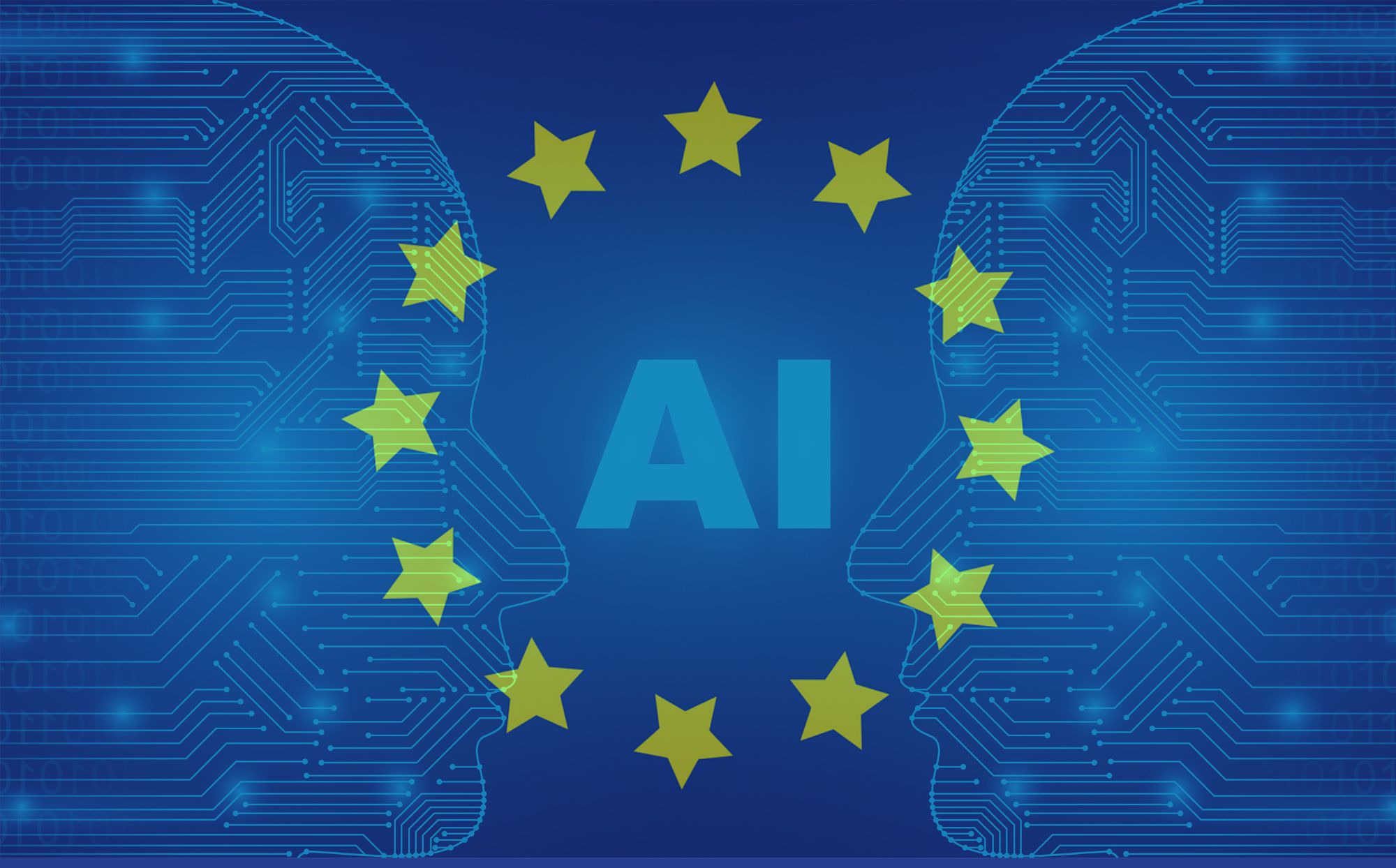
The EU AI Act represents a pioneering effort in regulating artificial intelligence (AI), marking a significant milestone in shaping the global landscape of AI governance. Passed by the European Parliament on March 13, this comprehensive set of rules aims to establish safeguards for AI technologies, addressing emerging challenges and harnessing the potential of AI innovation.
Background and Development:
Proposed in April 2021 to harmonize AI rules, the EU AI Act gained momentum amidst the rapid advancements in generative AI, exemplified by the mainstream emergence of technologies like ChatGPT. However, navigating the complexities posed by generative AI applications presented considerable challenges for lawmakers. Despite hurdles, negotiations led to a provisional agreement on the Act’s final wording in December 2023, endorsed by key parliamentary committees in February 2024.
Objectives and Necessity:
The Act responds to the evolving AI landscape, where AI systems permeate various sectors, from healthcare to education, raising concerns about privacy, transparency, and accountability. Recognizing the potential risks associated with AI, such as surveillance, discrimination, and misinformation, the Act aims to ensure that AI systems deployed in the EU adhere to principles of safety, transparency, and non-discrimination. By prioritizing human oversight over automation, the Act seeks to mitigate adverse outcomes and promote responsible AI development.
Key Regulations:
The EU AI Act adopts a risk-based approach, categorizing AI systems into four tiers based on their potential impact on society. Minimal-risk AI systems, such as recommendation algorithms and spam filters, enjoy lenient regulations, while high-risk systems, including AI applications in medicine and law enforcement, face stringent obligations before market entry. Additionally, the Act prohibits AI systems deemed to pose unacceptable risks to fundamental rights and societal well-being.
Implementation and Enforcement:
Upon endorsement by the European Parliament, the Act undergoes final approvals, with full applicability expected within two years. The Act empowers the European AI Office to enforce compliance, imposing fines on violators proportional to their global turnover. While concerns persist regarding potential stifling of innovation, proponents view the Act as a catalyst for fostering trustworthy AI and positioning EU startups at the forefront of AI development.
Global Implications:
The EU AI Act sets a precedent for AI regulation worldwide, influencing other jurisdictions to adopt similar measures. While countries like the UK adopt a pro-innovation stance, recognizing the need for flexible regulations, China and the US have implemented regulations of varying degrees. The Act’s success in balancing innovation and protection may pave the way for enhanced cooperation and alignment in global AI governance efforts.
Conclusion:
As the EU AI Act progresses towards becoming law, it underscores the imperative of responsible AI development and governance. By prioritizing ethical principles and risk mitigation, the Act aims to foster innovation while safeguarding societal interests. As AI continues to evolve, the Act serves as a beacon for shaping a future where AI technologies serve humanity’s best interests while upholding fundamental rights and values.
For more insights and updates, visit our KI Design blog here.
Stay connected with us on Twitter for the latest news and discussion





